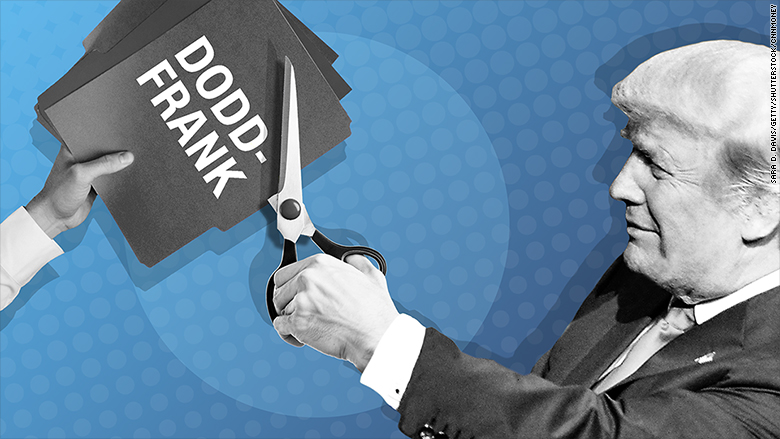The Director of the Office of Management and Budget (OMB) Mick Mulvaney is known to have called the Consumer Financial Protection Bureau, or CFPB, a “joke…in a sick, sad way,” and even called for the bureau headed by Richard Cordray to be dissolved.
Why, then, would President Trump appoint a man known for his disdain of the Consumer Financial Protection Bureau, or CFPB, to head it in the capacity of interim director?
Indeed, why did the president put what is being seen as a deliberate legal block to Richard Cordray’s appointment of Leandra English to be Deputy Director and, therefore, acting director of the CFPB after his exit?
In truth, the matter might not be as simple as it looks.
On the same day that Mulvaney was appointed as interim director, but a few hours before it, Leandra English, the serving chief of staff of the CFPB, was appointed by Cordray as Deputy Director.
This move by Cordray effectively putting a pre-emptive block on a possible attempt to dismantle the bureau. It’s almost as if he knew that his exit would lead to such an attempt, although he may not have known that it would happen mere hours after his own move. After all, this isn’t the first time the Republicans have tried to kill Dodd-Frank or significantly water down its scope.
On the surface, it appears that Cordray’s ploy may not work, after all. According to Steven Engel, assistant attorney general, in a letter published Saturday:
“The fact that the Deputy Director may serve as Acting Director by operation of the state, however, does not displace the President’s authority under the Vacancies Reform Act.”
But there’s more here than meets the eye.
Former congressman Barney Frank (D-Mass.), one of the authors of Dodd-Frank, in defense of Cordray’s appointment of Leandra English, said this:
“It is obvious,” he said, referring to the fact that lawmakers had specifically included succession language in the Dodd-Frank legislation so the Federal Vacancies Reform Act would not supersede it.
He added: “If you look at the CFPB language it is very specific and it was designed to protect an agency that we knew would be under a lot of pressure. This is an agency that enforces the rules against some of the most powerful financial interests in the country. Everything was structured for its independence.”
It all comes down to an interpretation of the law, and the conflict arising from the existence of two apparently opposing pieces of legislation.
On one side is Dodd-Frank, which clearly intended for the CFPB to have a very high level of independence, and on the other is the Vacancies Reform Act, which is much broader in scope but seems to carry equal, if not more, legal weight.
+++ + +++




